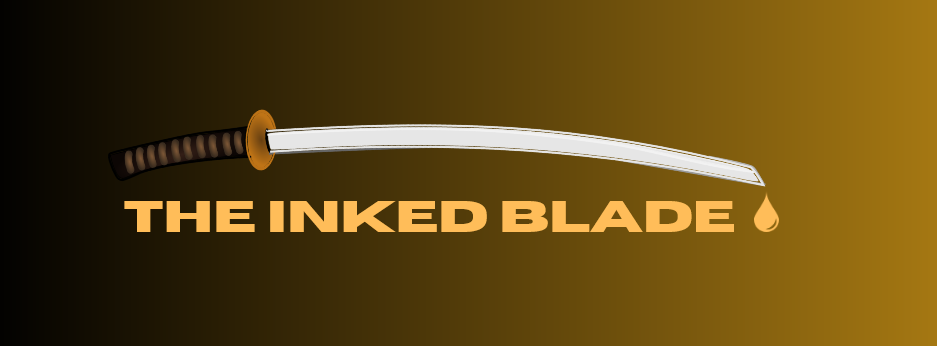We still read and often admire the correspondence between thinkers and writers of old. Before electronic communication came along, writing letters was the only way of exchanging thoughts, transmitting information, getting and giving feedback, or just plain keeping up with what was happening in the lives of faraway family and friends. Weeks and sometimes months would go by before you received an answer. I can only imagine the joy and anticipation, maybe mixed with a little dread, people would feel at finding a letter in their mailbox; how they would savor reading and re-reading it, just to prolong the experience.
Of course, slow communication can be nerve-wracking, heart-breaking, and frustrating as hell. Not to mention inefficient. Also, with long delays in communication, every single missive becomes momentous. The pressure to write something important mounts. For lack of frequent contact, people who used to be close become estranged. Today’s instantaneous communication lets us connect more frequently with a much larger number of people.
Estrangement, though, is just as much of a danger. Batting texts back and forth like ping-pong balls may feel like communication, but is it really? Often, when I observe people (yes, I’m guilty of reading over people’s shoulders — we writers tend to be nosy that way) I am reminded of jugglers, keeping five different conversational balls in the air, thumbs flying. Fiddling with the music selection, or playing a quick game if the next message doesn’t come in fast enough. A quick refresh of the social media feed for another quick hit of dopamine. Or anxiety, if nobody’s commented on the latest selfie, meme, or witticism. Communication in the age of distraction.
It doesn’t have to be that way. We could talk to a friend on the phone for an hour. Compose a thoughtful e-mail instead of dashing off a string of emojis. A friend told me recently that my e-mails read like letters. She couldn’t have paid me a nicer compliment (and, yes, she did mean it as a compliment).
What’s more, we could even communicate IRL (well, at least once this COVID thing has gone away). I know. Strange thought. We could have real, meaningful, and satisfying conversations that dive below the surface. Conversations in which we take turns talking and listening to each other without impatiently glancing at our drool screens, just in case a more important cat picture comes in, or the latest outrage, manufactured or real, hits the fan.
What it takes, though, is reflection. The awareness that in many instances we have a choice of how we spend our time. Social media isn’t a prerequisite of modern life. It’s a choice. Binge-watching the latest series isn’t an expression of cultural sophistication. It’s a choice. Despite my biased opinion, whether it’s a good choice or a bad choice is in the eye of the beholder. It’s not so important which option we choose. What’s important, though, is that we choose our pastimes and our means of communication deliberately and not out of inertia or reactivity. That way lies regret.

